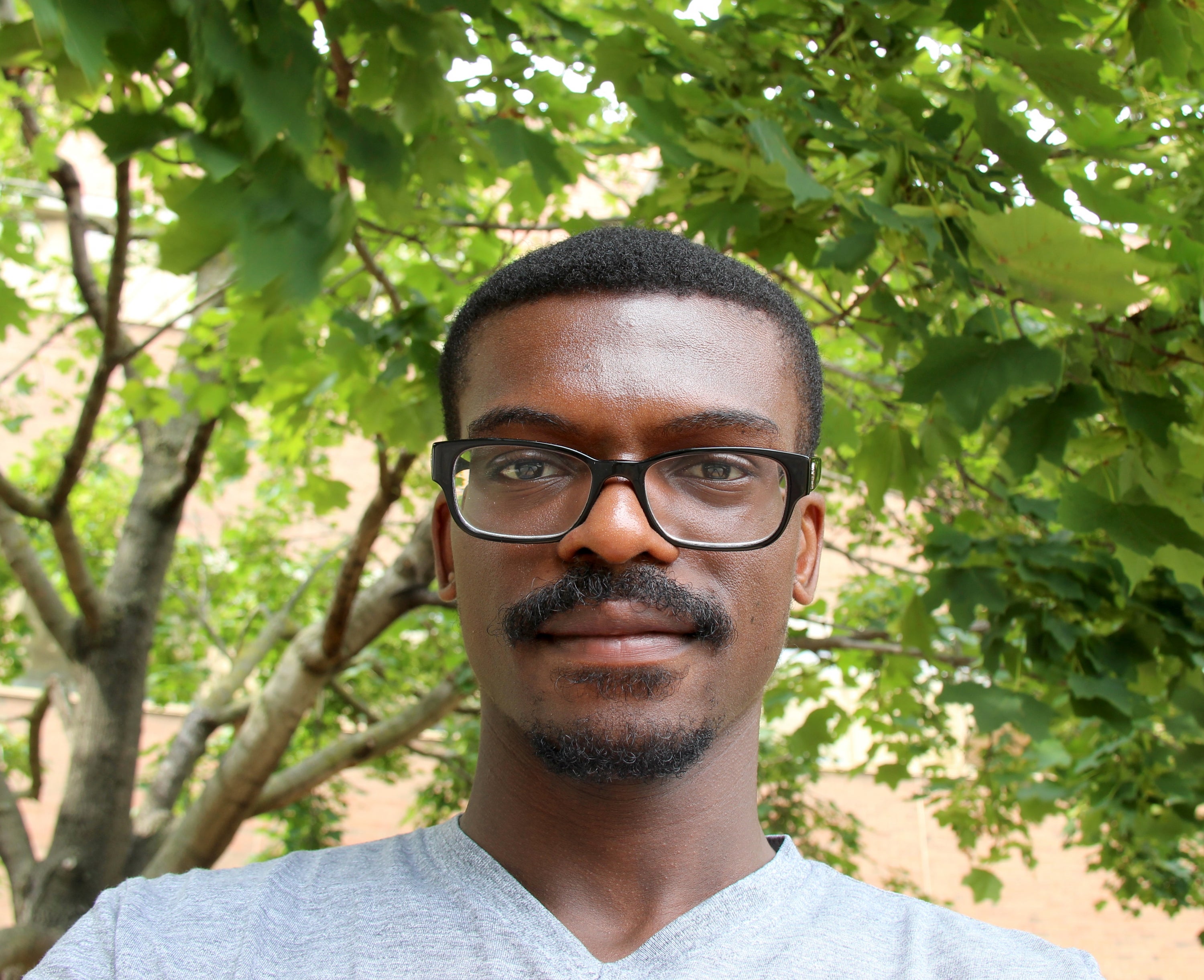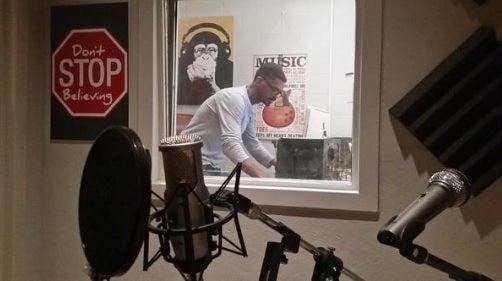
Kwame recently launched a podcast series where he interviews social entrepreneurs, including GreenHouse students. He begins by asking social entrepreneurs about the nature of their project and what drives them. He talks with them about how they thought of their idea and wraps up with advice they would give to other entrepreneurs.
So, Kwame, tell us about your project.
“There are lots of news aggregates out there that feature information from across the web — Reddit is probably the best example. When I first came to GreenHouse, my goal was to aggregate news from around the world, but as I had conversations with people who are experienced with news, especially in the developing world, and looked at what was already out there, my thinking shifted to the importance of developing original content.
“My project – Civil News – will offer what I call ‘curated aggregation,’ where users post content and then we produce original content that helps users have proper context and categorization to the content so that they understand the various points of view out there. My podcast is a channel of Civil News. So far, most episodes are about 30 minutes – some have gone up to an hour. The response has been pretty positive as people like being able to hear from the actual voice of the social entrepreneurs. I spent my whole summer focused on creating original content for Civil News.”
What drives you?
“There is a need for people to be aware of different perspectives in news. The vast majority of news has a regional bias to it, leading to news coming from limited sources with a particular lens, bias, and skewed opinions. I wanted to build a platform that would host different perspectives side by side, to give people the option to look at different takes on the same issue.”

Tell us about how your idea shifted.
“For a lot of entrepreneurial projects, you realize there are several key activities that have to be done simultaneously. For Civil News, there were technical activities — creating a website and interface that were comfortable for people to use — but there was also a whole other world of content creation and figuring out how to communicate to my audience.
“GreenHouse gave me exposure to different projects and entrepreneurs, and their opinions and experiences on starting up a business. When I started doing interviews with different startups, my thinking about the content of my site began to shift; it made me realize that just having content that allows people to listen to or watch people in action as opposed to more distant account of them is something that allows people to be invested in the story being told."
“I’m now working with a programmer to create a basic version of my website and I’m aiming at the end of the fall as the point when I can bring in other voices on the site. My intention is that this will be a for-profit model with a social purpose.”
Finally, what’s your advice for other entrepreneurs?
“As an entrepreneur, you are basically at a stage of experimentation. It’s very clichéd, but the old adage of going out there and just doing it applies to this completely. You need a minimum viable product that encapsulates what you’re trying to produce and then you have to go out and test it. People are afraid to make some sort of move because there is no rule book. GreenHouse has helped in this process, especially in the ability to connect with others who understand this startup life. You have to be aware of what you want. If you want to make a difference and serve community or group, by all means do it!”